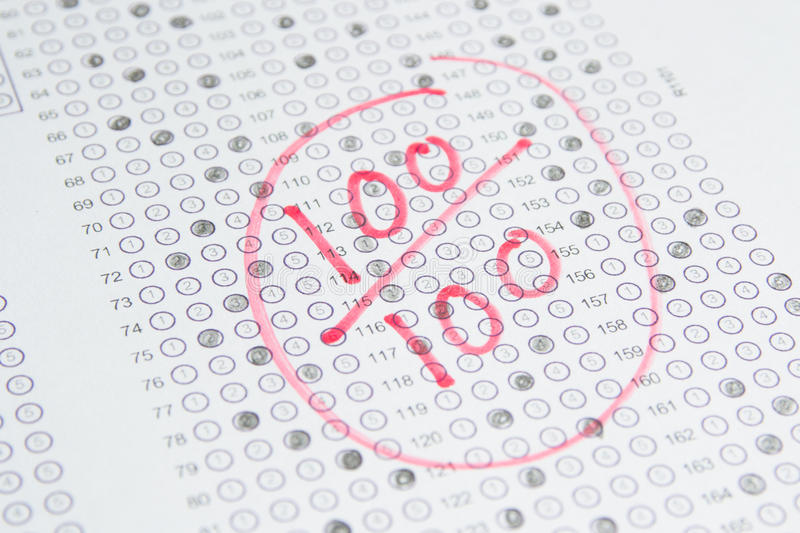How to Best Prepare for AP/IB Exams: Humanities Edition
Now, we’re talking about how to best prepare for the humanities, or English and Social Studies.
April 16, 2023
We just posted an article detailing how to best prepare for AP/IB exams, specifically for math and science.
Now, we’re talking about how to best prepare for the humanities, or English and Social Studies.
Below, we have a few teacher interviews about how they think a student should prepare for their upcoming exams. Happy studying!
Mrs. Craft: 11 IB Literature and 11 IB Language and Literature
Q: Do you have a suggested overall process for preparing for an upcoming AP/IB exam on your particular subject? If so, can you describe it?
A: Students should start by going through their google drive or notebooks and organize all of the work that they’ve done for the year. In class, you’re prepping for the exam, so do some more sample exams and look at what you could use from the material you’ve completed over the course of the year. Review for a couple of weeks before the exam the terms and the vocabulary that are necessary. And I think just dedicating a little time each day once we get back from April break for studying the format of the test, the content that’s in your notes, and the necessary vocab that you need. I would say dedicate like half an hour each day for each exam that you’re taking. In class, ask as many questions that you need because all of your teachers would be happy to answer the questions that they might not know that you have. When you’re studying, jot down questions and ask your teachers the next day. Definitely get a good night’s sleep so you have a healthy month before the exam!
Q: What is the format of the test like?
A: On the IB exam, there are two writing parts on two separate days. Once you’re done with one part of the exam, you can put it away and prep for the next part.
Q: What is the most important thing a student should review before the exam?
A: I feel like the expectations, the rubrics, and the content that you studied in class and how you can apply it to the test and fulfill the questions on the exam because you do a lot of practice and samples in class.
Q: What is one thing that students often forget to study for this exam?
A: Although it seems like English isn’t a subject that one needs to study for, I think reviewing your literary techniques and terms, vocabulary, authors, and titles is necessary for your exam prep. And then review the texts that you might possibly use on your exams like your notes and online things.
Q: Do you have any final thoughts or advice for students taking AP or IB tests this spring?
A: Studying with friends can be really helpful when prepping for an exam. Please try to sleep, eat healthy, and think positive! You can do it!
Mr. McCullough: AP World
Q: Do you have a suggested overall process for preparing for an upcoming AP/IB exam on your particular subject? If so, can you describe it?
A: I think a very important thing is that right before the test, a bunch a teachers are doing curriculum, so I think that most students don’t focus on studying, they focus on the curriculum. Really focus on the last few weeks because the more you learn the less you’ll have to review. Also, get a review book, ask the teacher if they recommend a specific review book. Especially during April break and such try to do some practice tests and time yourself, so you have a real-time review. Try to sit and do the whole test through, try to be mindful for sitting for a full test, even though you might not finish it.
Q: What is the most important thing a student should review before the exam?
A: I give a lot of review material out, and I think it’s just a general overview of the course, like different themes, and how each unit builds off of one another based on those themes. These themes would be cultural interaction, conflict, and amalgamation. Break the course down into different time periods and try to make different trends and main ideas.
Q: In your opinion, what is the hardest part of the exam?
A: I would think the DBQ is the hardest, but it’s also the most attainable. I think the DBQ is more about the rubric and how to prepare it even though you have the information right in front of you. I think practicing the DBQ multiple times, even on your own by getting them online. I think with the DBQ it’s more just like practice, and you can ask your teacher for materials too.
Q: In your opinion, what is the easiest part of the exam?
A: I think it’s the LEQ, the long essay question. Even though you only have an half hour for it, they give you different options. Considering that you have different options, most students come up with some topic material. I mean, none of it’s really easy!
Q: Do you have any final thoughts or advice for students taking AP or IB tests this spring?
A: Yeah, I know a lot of teachers offer review sessions, and it’s really important, even though students are busy with sports, it’s really important to go to all of them. Ask questions, find out the topic material before hand, and study it. You’re not going to learn anything if you don’t participate!
Mr. Turner: AP European History
Q: Do you have a suggested overall process for preparing for an upcoming AP/IB exam on your particular subject? If so, can you describe it?
A: What I have done in the past for both APUSH and AP Euro is that I cover history by themes. When I taught APUSH, whatever number review sessions we had, I would have one review session for each major theme. I want to make connections between the eras and units, to explain how one thing led to another.
Q: What is the most important thing a student should review before the exam?
A: A student should look back at all of the material covered in the course and review their weakest topics, which they can judge by their exam scores. That’s always my suggestion, if you really understand a topic, like absolutism, just glance it over. If you really had a tough time with the Enlightenment, make sure you go back and really get it into your head. My strategy is always what works for you. If that’s index cards, or lists on paper, whatever. The most important thing is to study every day for the exam. Set time aside, make sure you review whatever you need to review. Whether it’s 15 minutes, a half hour, whatever it is, just make sure it’s every day.
Q: What is one thing that students often forget to study for this exam?
A: Practice your time management. You know, you have “X” amount of minutes for the multiple choice, when you take a practice test, hold yourself to “X” amount of minutes.
Q: In your opinion, what is the hardest part of the exam?
A: In my opinion, the LEQ is the hardest part of the exam because either you know it or you don’t. This is where students really have to practice and perfect the material.
Q: Do you have any final thoughts or advice for students taking AP or IB tests this spring?
A: Our social studies department is better than that of all the other schools on Long Island, and we prepare you very well for the exams. We’re not some random school in Wisconsin, we’re Northport. We have labored to get the info in your head, how to study, how to write, so now it’s up to you. If you can come this far, see it through to the end. Finish the job.


